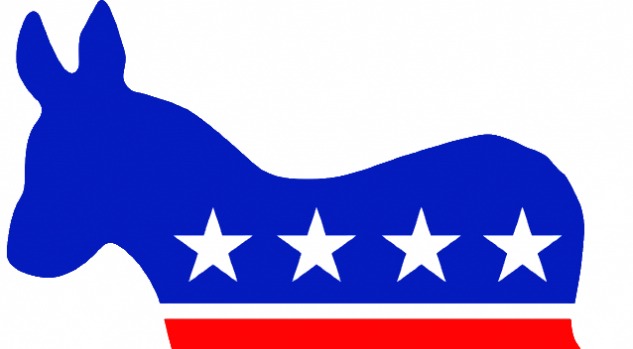What the heck is really going on in the California Democratic primary?

Barely a minute after MSNBC declared Joe Biden the winner in South Carolina, the network immediately shifted its focus to California, where Bernie Sanders is ahead in the polls. And why not? MSNBC has figured out that portraying Bernie Sanders as the “frontrunner” or “presumptive nominee” is best for ratings. His fans stay tuned in for the positive reinforcement, and everyone on the left stays tuned in because they’re paralyzed with fear that such an unsuitable and weak candidate could actually be the nominee. But what’s really going on in California, and how have this past week’s events changed things?
To hear the TV pundits tell it, Sanders is favored by the overwhelming majority of California Democrats. But back in the real world, the polling averages show that Sanders only has around 33% support in the state. That puts him in first place and it’s not even close. But as we keep seeing in the national polls, only around one-third of Democrats want Sanders to be the nominee, and the other two-thirds are lined up behind the actual Democratic candidates. The kicker is that California has a ludicrous 15% cutoff for winning any delegates – meaning Sanders could theoretically win all of the state’s delegates by only getting one-third of the vote.
It’s yet another instance of the primary process being a cruel joke that has little to do with majority-rule democracy. But the reality is that the latest polling averages from RCP have Joe Biden and Elizabeth Warren each polling at right around 15% in California. Biden can be expected to surge based on his dominant South Carolina victory, so perhaps he gets 20%. But then you have to factor in Pete Buttigieg dropping out.
Pete’s current 7.7% support in California will get split unevenly between these candidates, with most of them likely going to Biden (and some of them staying with Pete due to early voting). But let’s say Pete dropping out puts Biden up to 25%. And let’s say Warren finishes just above 15%. Mike Bloomberg is at 13.3%, and if he picks up even a minority of Buttigieg’s supporters, he could reach 15%. In such case Sanders would still win the state, but – and I’m oversimplifying the math here for the sake of this explanation not being ten paragraphs long – he could end up only getting half or a slight majority of the delegates.
Sanders’ best case scenario in California would have been if Warren dropped out, but it doesn’t look like that’s going to happen in time for him. And while there are numerous instances of Bloomberg taking delegates away from Biden around the nation, California is a state where Bloomberg’s presence could theoretically help Biden keep delegates away from Sanders.
One way or the other, Sanders will get the majority of delegates from California. And even though Biden can be expected to surge in Texas and possibly win there, Sanders will get the majority of delegates on Super Tuesday overall. But there’s a huge difference between Sanders picking up all four hundred-plus delegates in California vs picking up, say, 200-250 of them. Either way, MSNBC will go back to calling Sanders the “presumptive nominee” while ignoring the probability of no one reaching a 50% majority, and a brokered convention deciding the nominee.
